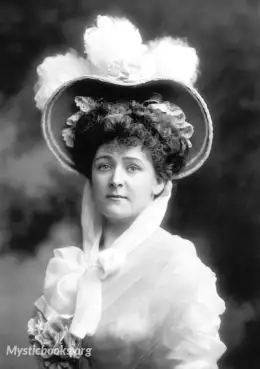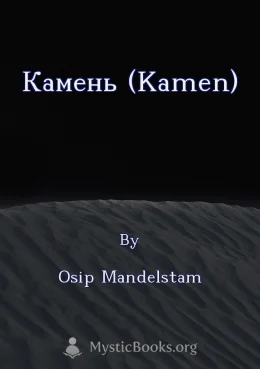
A Woman and the War
by Frances Evelyn (Daisy) Greville
'A Woman and the War' Summary
In the near future, if we would save what is left of our heritage of freedom, and would even extend the comparatively narrow boundaries that existed before the autumn of 1914, we must relieve the press of the self-conferred duty of thinking for us. We must not give our rulers a blank cheque; their best efforts tend more to rouse our suspicions than to compel our confidence. Judging all the matters dealt with in these pages as fairly and honestly as I can, I have found myself repeatedly in opposition to the authorities. The legislation from which we have suffered since war began, the efforts to relieve difficult situations and prepare for obvious emergencies have savoured largely of panic and can boast no more than a small element of statesmanship. So I have protested and the protests have grown even beyond the limit of these book covers, while an ever-swelling letter-bag has told me that I have interpreted, however feebly, the thoughts, wishes, and aspirations of many thinking men and women. We are on the eve of events that will demand of evolution that it mend its paces or become revolution without more ado. The international crisis and the national makeshifts must have proved to the dullest that the world is out of joint. I make no claim to traverse the whole ground, modesty forbids, and Mr. Zangwill has accomplished the task in his "War for the World," the most brilliant work that has seen the light since August, 1914. I have sought to point out where and why and how we are moving backwards. I can command no eloquence to gild my words, I cannot pretend to have more to say than will have occurred to every man and woman of advanced views and normal intelligence, but it does not suffice to think; one must make thought the prelude of action. Strong in this belief I have not hesitated to attempt something more than mere criticism. I cannot wave flags, abuse enemies, or extol popular idols; and consequently those who read will please accept these and other limitations.
Book Details
Language
EnglishOriginal Language
EnglishPublished In
1916Genre/Category
Tags/Keywords
Authors

Frances Evelyn (Daisy) Greville
British
Frances Evelyn "Daisy" Greville, Countess of Warwick was a British socialite and philanthropist. Although embedded in late-Victorian British high society, she was also a campaigning socialist, support...
Books by Frances Evelyn (Daisy) GrevilleDownload eBooks
Listen/Download Audiobook
- Select Speed
Related books

A Treatise Concerning the Principles of Human Knowledge by George Berkeley
Does the world exist outside of your mind? In his groundbreaking philosophical work, A Treatise Concerning the Principles of Human Knowledge, George...

Greek Literature by Henry Julius Wetenhall Tillyard
"The Greeks were the most intellectual people of the old world. … The study of Greek literature is therefore a proper element in a liberal education....

Nightmare Planet by Murray Leinster
In Murray Leinster's "Nightmare Planet", we encounter Burl, a seasoned space traveler, as he navigates a perilous and enigmatic alien world. This plan...

The New Organon by Francis Bacon
The Novum Organum is a philosophical work by Francis Bacon published in 1620. The title translates as "new instrument". This is a reference to Aristot...

Lake by Matthew Arnold
Matthew Arnold's "Switzerland" is a lyrical poem that explores themes of nature, solitude, and the complexities of human existence. Through vivid des...

Камень (Kamen) by Osip Mandelstam
“Камень” (The Stone) is Osip Mandelstam’s first major collection of poetry, published in 1916. It showcases the poetic innovations of the Russian Sil...

Modern Magic by Maximilian Schele De Vere
One of his last works, being first published in 1873, "Modern Magic" instead focuses on the occult. From the preface: "The main purpose of our existe...

science et l'amour by Léontine Zanta
Le roman suit Madeleine, une étudiante passionnée et idéaliste en philosophie à la Sorbonne pendant la Première Guerre mondiale. Elle explore la compl...

Discourses of Epictetus by Epictetus
In this, author presents a profound and practical guide to living a virtuous and meaningful life. Drawing from his Stoic philosophy, Epictetus offers...

The Sadhana: Realisation of Life by Rabindranath Tagore
Sadhana is a collection of essays, most of which he gave before the Harvard University, describing Indian beliefs, philosophy and culture from differe...
Reviews for A Woman and the War
No reviews posted or approved, yet...